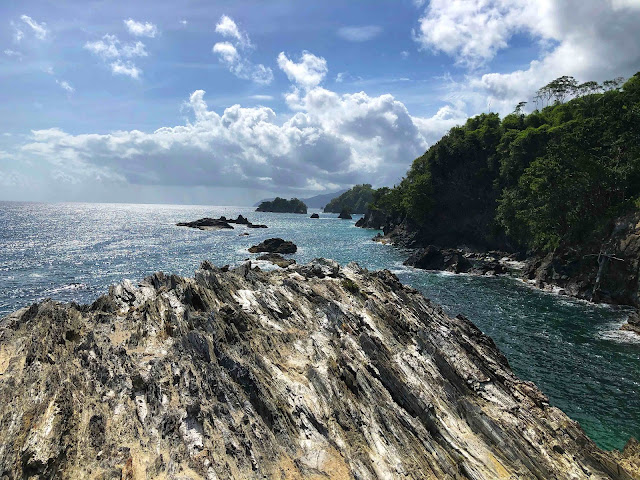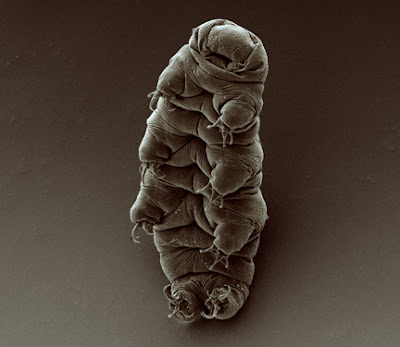Coral Bleaching on the Great Barrier Reef

Dr Anjani Ganase talks about die-off of the most vulnerable creatures on the planet to global warming - corals. Bleaching is happening today and on the coral reefs around Tobago; and this planetary indicator does not bode well for humanity. Over the past week, marine scientists from the Great Barrier Reef Marine Park Authority have observed coral bleaching on the Great Barrier Reef (GBR). Certain areas are being described as severe, particularly along the central GBR near Townsville, a community largely dependent on the reef ecosystem for jobs and livelihoods. This year (possibly for the first time) the reefs are experiencing above average warming conditions, despite being in a La Niña phase. La Niña is associated with higher rainfall and cloud cover, conditions associated with cooling oceanic conditions. Nevertheless, many parts of the central and southern sections of the GBR are experiencing 0.5 - 2 degrees Celsius above the average temperature, while the nort...


